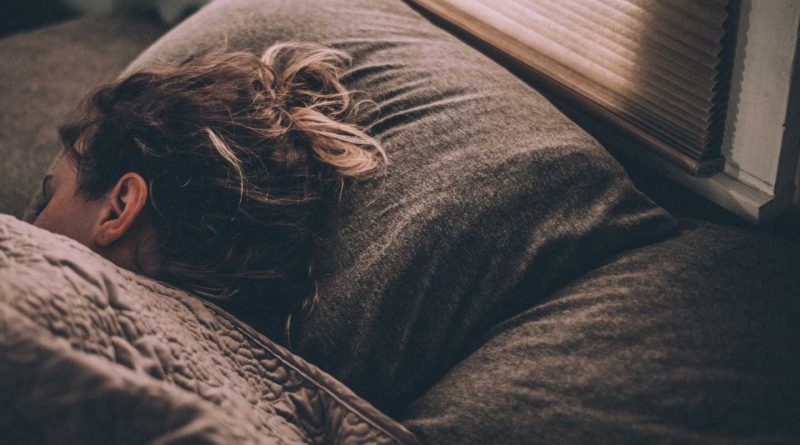Researchers find sleep disturbances prevalent in long COVID

Cleveland Clinic researchers found 41% of patients with long COVID, had moderate to severe sleep disturbances.
The retrospective analysis also identified risk factors for moderate to severe sleep disturbances, including race, hospitalization for COVID-19, greater anxiety severity and fatigue. After adjusting for demographics, Black patients were three times more likely to develop these sleep disturbances. The findings were published in Journal of General Internal Medicine.
“Sleep difficulties and fatigue are widely reported by people with long COVID but little is known about the severity and factors associated with these symptoms,” said Cinthya Pena Orbea, M.D., assistant professor of medicine at Cleveland Clinic’s Sleep Disorders Center and lead author of the study. “We leveraged data from Cleveland Clinic’s reCOVer Clinic for people with long COVID to better understand these associations.”
The team analyzed data collected from 962 adult patients with long COVID—known clinically as post-acute sequelae of COVID-19 (PASC)—in Cleveland Clinic’s reCOVer Clinic between February 2021 and April 2022. The patients had recovered from COVID-19 and completed the sleep disturbance and fatigue questionnaires of the Patient-Reported Outcomes Measurement Information System.
More than two-thirds of patients (67.2%) reported moderate to severe fatigue, while 21.8% reported severe fatigue. More than half of the patients (58%) reported normal to mild disturbances, while 41.3% indicated moderate to severe sleep disturbances.
“Our findings not only emphasize the importance of identification of sleep disturbance in long COVID considering its impact on patients’ quality of life, daytime functioning and medical health status but they also draw the attention to the persistent inequities seen throughout the COVID-19 pandemic,” said Dr. Pena Orbea.
Reena Mehra, M.D., director of Sleep Disorders Research at Cleveland Clinic and senior author of this investigation, said, “There is an unmet need to understand the neurobiological mechanisms or pathways behind the association of sleep disturbances with long COVID and, per our findings, investigate the reasons for the increased vulnerability of PASC-related sleep disturbance in the Black population so that we can develop race-specific interventions to overcome disparities.”
More information:
Cinthya Pena-Orbea et al, Sleep Disturbance Severity and Correlates in Post-acute Sequelae of COVID-19 (PASC), Journal of General Internal Medicine (2023). DOI: 10.1007/s11606-023-08187-3
Journal information:
Journal of General Internal Medicine
Source: Read Full Article
